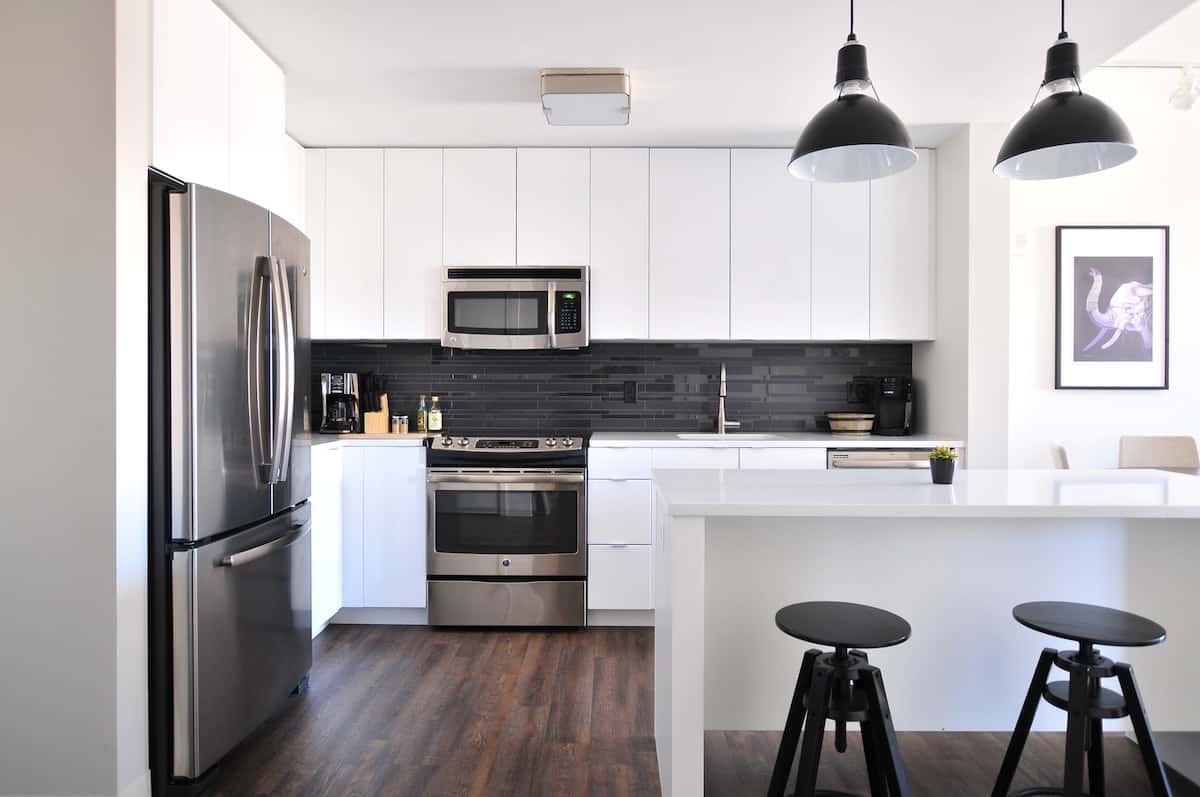It seems smart meters are constantly in the news. Some of us are welcoming the new technology with open arms, while others are suspicious and would rather keep their current meters. Smart meters are hi-tech pieces of kit that make meter reading more accurate and quicker but any promises that they’ll reduce your energy bills should be taken with a pinch of salt. Continue reading to find out more.
How do smart meters work?
Smart meters record energy usage and automatically send readings to your energy supplier. Smart meters work together with smart energy monitors - the tablet-like devices you often see associated with smart meters. The monitor acts as a display screen for information about your up-to-date electricity and gas use and can be placed anywhere in your home.
Do smart meters really save money?
A smart meter via a smart energy monitor helps you to identify which activities and appliances you’re spending the most amount of energy on.
With this insight, a smart meter can indirectly assist you in getting a better picture of how you consume energy and allow you to make household adjustments.
How much energy (and money) you save therefore largely depends on the individual or the households ability to cut down their reliance on gas and electricity.
What are the different types of smart meters?
There are two types of smart meters available in the UK. The first generation sMETs1 and second generation sMETs2 smart meter. sMETs stands for “smart metering equipment technical specification”.
sMETs1 - (First generation smart meters)
sMETs1 smart meters were the first type of smart meters to be introduced in the UK in 2017. All first-generation smart meters were installed by individual energy suppliers and therefore, are not able to be read by another provider if you switch.
sMETs2 (Second generation smart meters)
The current smart meter rollout involves offering people with standard meters and sMETs1 smart meters the new sMETs2 model.
Unlike the first generation of smart meters, sMETs2 technology is connected wirelessly to the Data Communications Company (DCC) and therefore, can be read by any energy supplier and leaves households free to switch energy providers.
Where a sMETs2 meter won’t work in a property either physically or compatibility-wise, a sMETs1 can be installed instead.
Advantages of smart meters
With smart meters being offered left, right and centre, you might be wondering what's in it for you? Below are some of the reasons you should say yes to having one installed at home:
- Pay for what you use - smart meters mean accurate bills and the end of getting estimates on your energy use. They'll also help you with budgeting for energy bills
- See the light - a smart meter (via the energy monitor) can show you your energy use in real-time. what appliances use a lot of energy and, which ones are faulty
- Never submit readings - that's right, a smart meter sends your meter readings to the supplier automatically. so you don't have to anymore
- Prepay-compatible - smart meters will come with the option of being in either credit or prepay mode
- Review your usage - compare your energy use history weekly, monthly or yearly
- Environment-friendly - with better insight into your energy use, you should use less and, improve and reduce your carbon footprint.
Get the other side of the story by reading our guide on the disadvantages of smart meters.
Are smart meters free?
Yes. Under the smart meter rollout, you should be offered a smart meter anytime from now up until the end of 2020.
There are circumstances where smart meter technology won’t work in the property you’re living in and your installation will be deferred until a solution can be found.
Can you refuse to have a smart meter installed?
Yes. You don’t have to take a smart meter but your energy supplier has an obligation to offer you one. That’s because every gas and electricity provider has to tell Ofgem what percentage of customers they’ll switch to smart meters 12 months in advance.
Each energy provider also has to meet the energy regulator's target of installing a smart meter in 85% of its customer's homes before the end of 2024. If the suppliers don’t reach their targets, they can be fined by Ofgem.
If you have any further questions regarding these new types of meter, our meter hub has several guides that can point you in the right direction.
Why is Ofgem so keen on smart meters?
One of the main reasons Ofgem exists is to be the eyes, ears and voice of the consumer. In their opinion, the installation of smart meters will help to:
- Protect the interests of the consumer
- Monitor energy suppliers’ compliance with their smart metering licence obligations
- And, regulate the DCC.
Do smart meters need to be connected to the internet?
Actually no. Smart meters and the accompanying energy monitor operate on their own wireless system operated by the DCC. They use a secure network made exclusively for smart meters that relies on their own independent signal.
Switch your energy supplier
To get the best deals, you need to switch energy providers. Use our technology to compare energy deals and see how much you could save on your next energy bill.
Compare gas and electricity deals
We monitor the market and automatically switch you to better deals for free.
